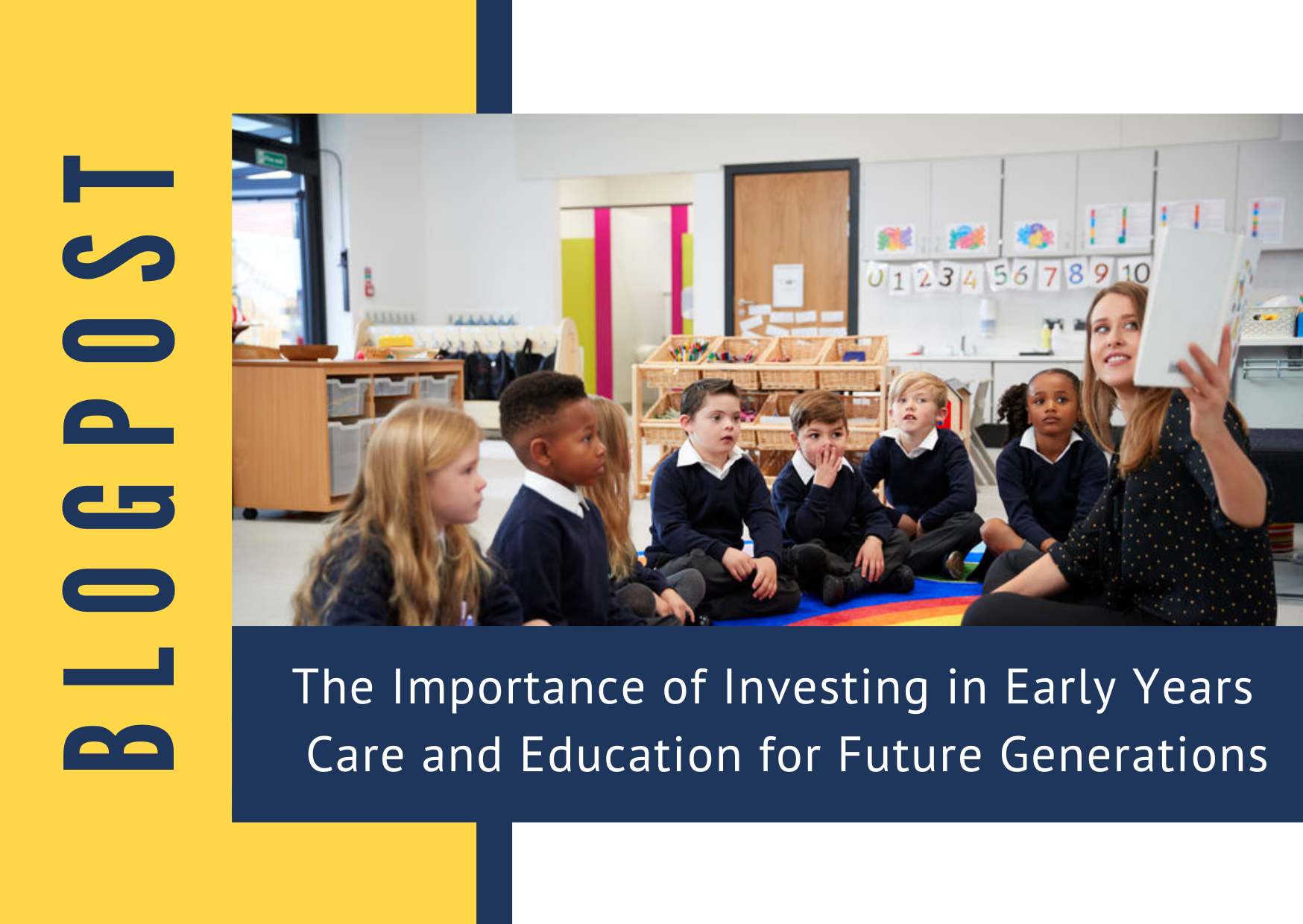As the world continues to evolve and change, the field of early childhood education is also adapting to meet the needs of young children and their families. The Diploma in Early Years Care and Education (DECYE) is an intensive program that provides individuals with the knowledge and skills necessary to work with young children in various settings, including schools, childcare centers, and homes. In this blog, we will explore the future of the DECYE and what changes we can expect to see in the program.
The Scope Of Early Childhood Care And Education
One of the most significant changes we can expect to see in the early childhood care and education sector is an increased emphasis on technology and digital learning. With the pandemic accelerating the adoption of online learning and virtual classrooms, it's likely that more early childhood care and education programs will incorporate online courses and digital resources. This will allow students to access course materials and lectures at their own pace and provide them with more flexibility in their learning.
 (Source - ezyschooling.com)
(Source - ezyschooling.com)
Another change that we can expect to see is a greater focus on diversity, equity, and inclusion (DEI) in early childhood education. As society becomes more diverse, it's important for educators to understand and appreciate the cultural backgrounds and experiences of the children they work with. Early childhood care and education programs will likely include courses and training on DEI topics, such as culturally responsive teaching and anti-bias education, to prepare students to work with children from different backgrounds.
In addition to DEI training, we can also expect to see an increased focus on mental health and wellbeing in early childhood education. The pandemic has had a significant impact on children's mental health, and it's important for educators to be equipped with the knowledge and skills to support children's emotional wellbeing. Early childhood care and education programs may include courses on topics such as social-emotional learning and mindfulness to help educators support children's mental health.
Another trend that we can expect to see in the early childhood care and education is an increased emphasis on play-based learning. Research has shown that play is essential for children's learning and development, and many early childhood educators advocate for a play-based approach to learning. DECYE programs may include courses on play-based learning, as well as practical experience working with young children in play-based environments.
Finally, we can expect to see a greater integration of technology into early childhood education. As children become more proficient with technology at younger ages, educators will need to incorporate technology into their teaching to keep up with the changing needs of their students. Early childhood care and education programs may include courses on using technology in the classroom, as well as opportunities for students to gain practical experience working with educational technology.
Wrapping It Up
To conclude, the early childhood care and education program is likely to undergo significant changes in the coming years as the field of early childhood education continues to evolve. We can expect to see an increased emphasis on technology, diversity, equity, and inclusion, mental health and wellbeing, play-based learning, and the integration of technology into early childhood education. By staying up-to-date with these changes, educators can better prepare themselves to meet the needs of young children and their families in the years to come.
Written By : Somsak Chen

